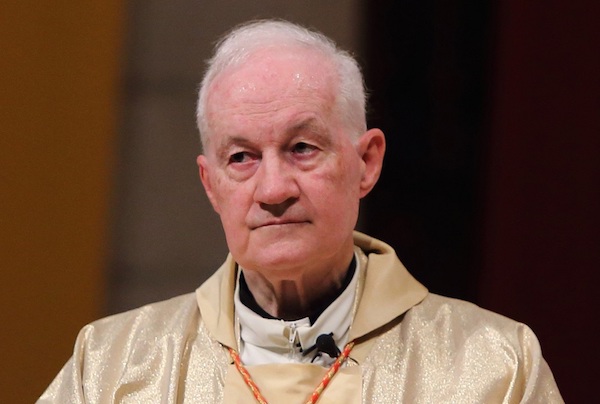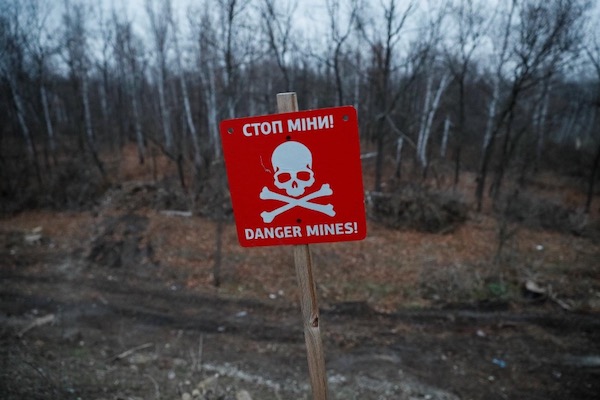The Vatican’s diplomacy with regard to Ukraine took a new turn last week after Pope Francis on Friday spoke by telephone to the Ukrainian President Volodymyr Zelenskyy.
Mr Zelenskyy said in a tweet that he told Francis that Ukraine needs the support of “world spiritual leaders who should convey to the world the truth about acts of horror committed by the aggressor in Ukraine”. The Ukrainian Ambassador to the Holy See, Andrii Yurash, after reiterating the news of the conversation, added that the “Ukrainian state and society will be happy to greet the Holy Father”, expressing hopes for a visit by Pope Francis to Kyiv.
The possible visit, however, is testing Vatican unity.
In remarks on 10 August to the Italian geopolitical magazine Limes, Secretary of State, Cardinal Petro Parolin, said the Pope still hoped to visit “both Moscow and Kiev with the intention of ending the war”, adding that he hoped “some ray of hope will open” to make both moves possible. Witheringly, he described running accusations that the Pope is too “pro-Russian” as “an incredible simplification of reality”.
“Is the Pope pro-Russian for calling for peace? Because he invites us to reflect on what led to these worrying developments?” he said. Pope Francis has “unequivocally condemned Russian aggression against Ukraine from the outset”, Parolin pointed out. The fact that he and the Vatican are not tied to any particular state but to the reality of international law that has “no political, economic or military interests” meant that the Holy See can “carry sufficient weight diplomatically”.
Speaking after the Angelus on Sunday 7 August, welcoming the departure from Ukraine’s ports of ships loaded with grain and keeping the negotiations door open, Francis said: “This step shows that it is possible to dialogue and achieve concrete results, which benefit everyone. Therefore, this event can be seen as a sign of hope, and I sincerely hope that, following this path, we can put an end to the fighting and arrive at a just and lasting peace.”
On 5 August Metropolitan Anthony of Volokolamsk, head of the Moscow Patriarchate’s Department for External Church Relations, met with Francis at the Vatican. No details of the meeting were provided by the Holy See, while the Moscow Patriarchate said the “lengthy conversation” dealt with “current issues concerning relations between the Russian Orthodox Church and the Roman Catholic Church.”
Francis is set to be in the Kazakh capital Nur-Sultan from 13 to 15 September to attend the VII Congress of Leaders of World and Traditional Religions. Patriarch Kirill of Moscow is also attending.
However, predictions that Francis will meet Patriarch Kirill in Kazakhstan were dimmed last week by Cardinal Kurt Koch, president of the Pontifical Council for Promoting Christian Unity, who, in a different tone from that of Parolin, told Austria’s Kathpress news agency talks would “only make sense” if they led to “a clear joint statement that this senseless and cruel war will finally be ended”.
“If the Pope first meets the Russian Orthodox patriarch before visiting Ukraine, this will be viewed as very troubling in Ukraine,” the Swiss cardinal told Kathpress. “Our bilateral relations are now tainted by Patriarch Kirill’s stance on the war in Ukraine… The Holy See's position is clear – war is a false path - whereas Patriarch Kirill is convinced war is the right way.”
The diplomatic stakes were raised further last week when UN Secretary-General Antonio Guterres on Thursday called for an end to military activity around the Zaporizhzhia nuclear power complex as Moscow and Kyiv blamed each other for shelling of the area. Russia took possession of the plant in March. Both countries have said they want International Atomic Energy Agency inspectors to visit. The agency's chief Rafael Grossi has said he is ready to lead a mission and called on Russia and Ukraine to cooperate.



 Loading ...
Loading ...